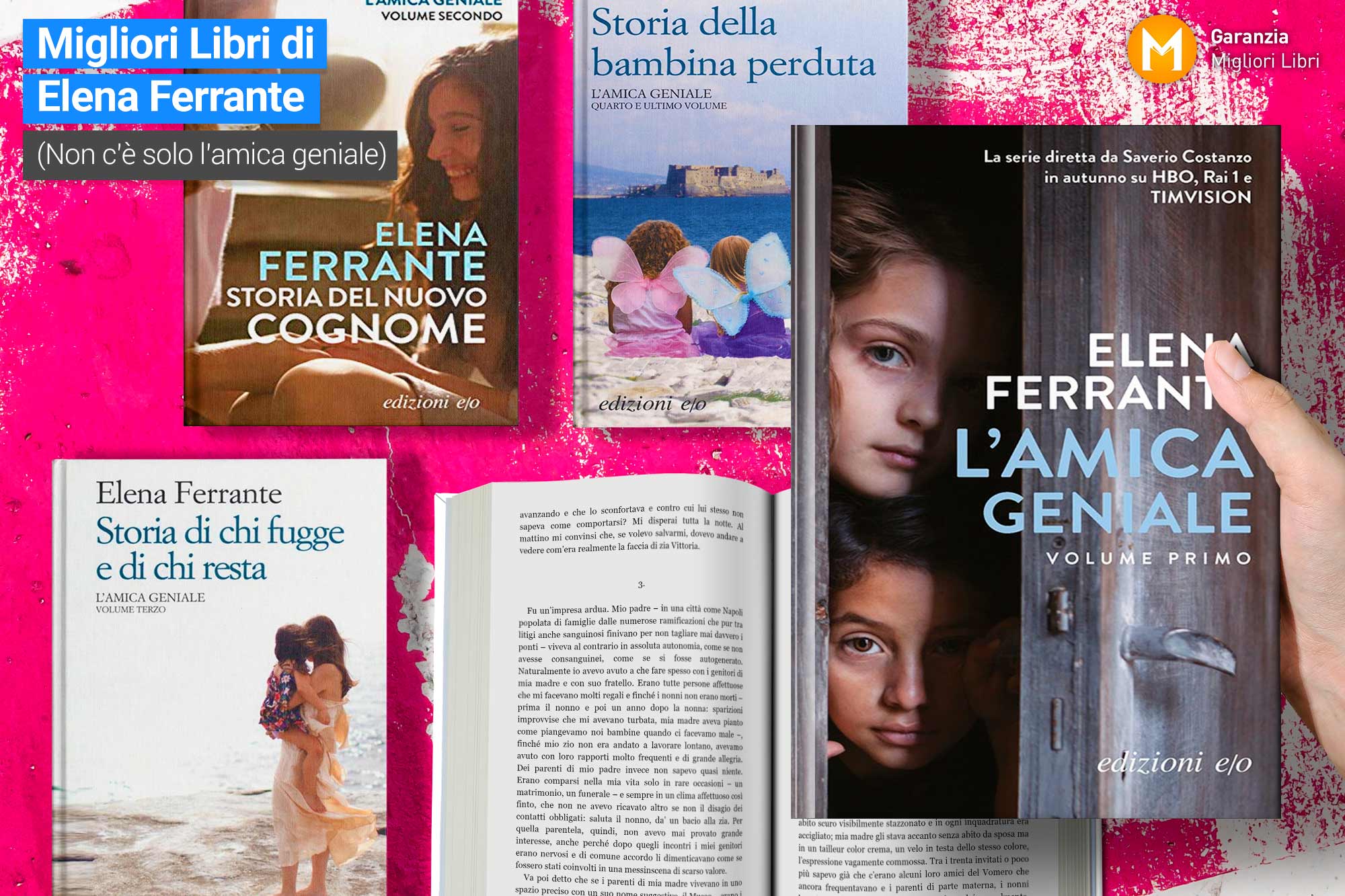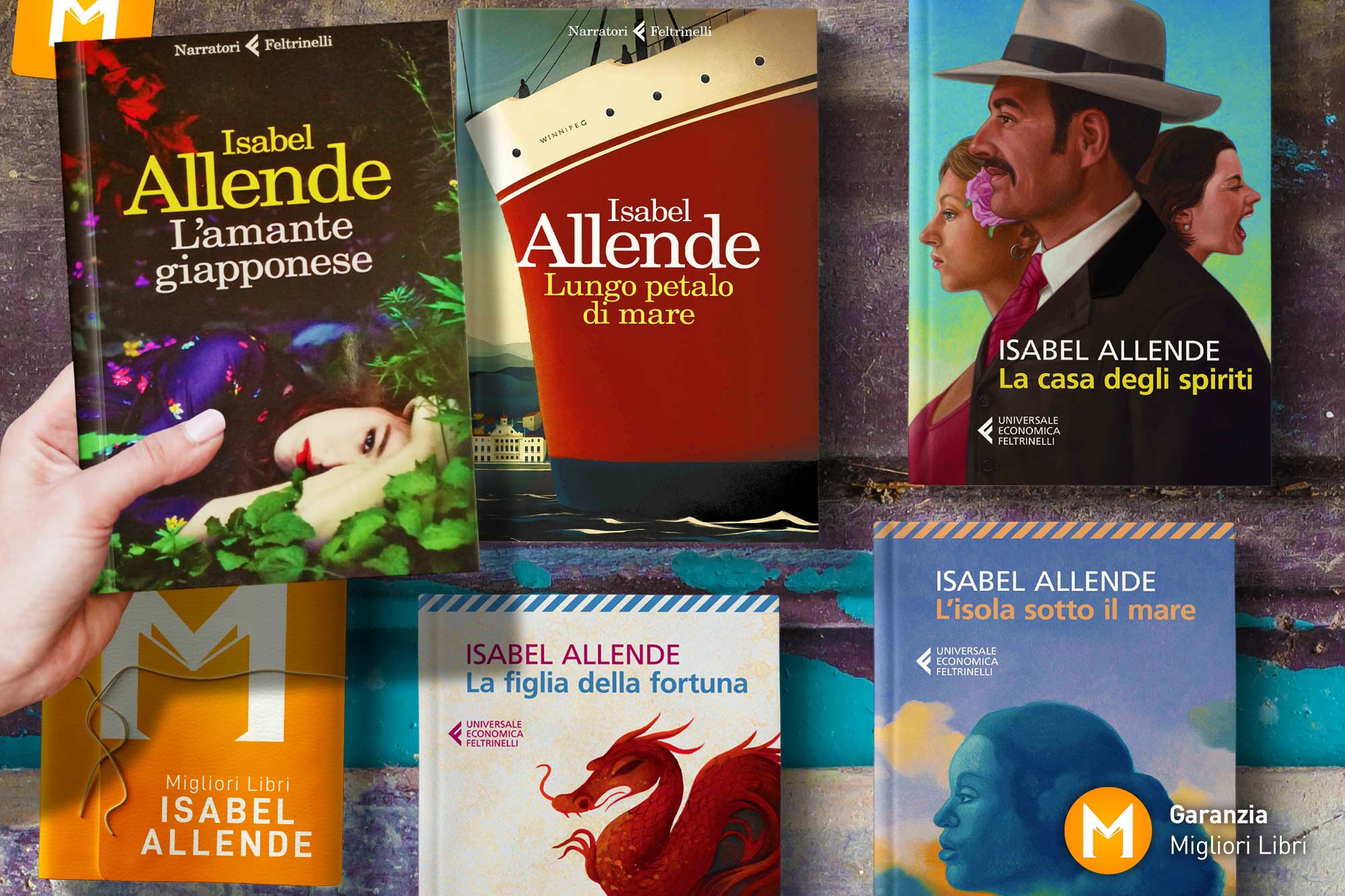Questa è la pagina dedicata a Gaia Vince.
In questa pagina troverai 5 prodotti, tra cui “Transcendence: How Humans Evolved through Fire, Language, Beauty, and Time”.
Nomad Century: How to Survive the Climate Upheaval
Longlisted for the Financial Times Business Book of the Year award ‘Gaia Vince’s new book should be read not just by every politician, but by every person on the planet’ Observer An urgent investigation of the most underreported, seismic consequence of climate change: how it will force us to change where – and how – we live We are facing a species emergency. With every degree of temperature rise, a billion people will be displaced from the zone in which humans have lived for thousands of years. While we must do everything we can to mitigate the impact of climate change, the brutal truth is that huge swathes of the world are becoming uninhabitable. From Bangladesh to Sudan to the western United States, and in cities from Cardiff to New Orleans to Shanghai, the quadruple threat of drought, heat, wildfires and flooding will utterly reshape Earth’s human geography in the coming decades. In this rousing call to arms, Royal Society Science Book Prize-winning author Gaia Vince describes how we can plan for and manage this unavoidable climate migration while we restore the planet to a fully habitable state. The vital message of this book is that migration is not the problem – it’s the solution. Drawing on a wealth of eye-opening data and original reporting, Vince shows how migration brings benefits not only to migrants themselves, but to host countries, many of which face demographic crises and labour shortages. As Vince describes, we will need to move northwards as a species, into the habitable fringes of Europe, Asia and Canada and the greening Arctic circle. While the climate catastrophe is finally getting the attention it deserves, the inevitability of mass migration has been largely ignored. In Nomad Century, Vince provides, for the first time, an examination of the most pressing question facing humanity.
Transcendence: How Humans Evolved through Fire, Language, Beauty, and Time
* A TIMES BEST SCIENCE BOOK OF THE YEAR * From the prize-winning author of Adventures in the Anthropocene, the astonishing story of how culture enabled us to become the most successful species on Earth ‘A wondrous, visionary work’ Tim Flannery, author of The Weather Makers Humans are a planet-altering force. Gaia Vince argues that our unique ability – compared with other species – to determine the course of our own destiny rests on a special relationship between our genes, environment and culture going back into deep time. It is our collective culture, rather than our individual intelligence, that makes humans unique. Vince shows how four evolutionary drivers – Fire, Language, Beauty and Time – are further transforming our species into a transcendent superorganism: a hyper-cooperative mass of humanity that she calls Homo omnis. Drawing on leading-edge advances in population genetics, archaeology, palaeontology and neuroscience, Transcendence compels us to reimagine ourselves, showing us to be on the brink of something grander – and potentially more destructive. ‘Richly informed by the latest research, Gaia Vince’s colourful survey fizzes like a zip-wire as it tours our species’ story from the Big Bang to the coming age of hypercooperation’ Richard Wrangham, author of The Goodness Paradox ‘Wonderful … enlightening’ Robin Ince, The Infinite Monkey Cage
Evoluzione. Fuoco, parola, bellezza e tempo nella storia dell’uomo
Evoluzione ci rammenta che ogni decisione presa oggi provocherà delle conseguenze genetiche, culturali e ambientali di lungo termine, ed è quindi nostra cruciale responsabilità dimostrarci, per le generazioni future, degli antenati saggi e lungimiranti. Gli esseri umani sono la specie più ingegnosa del pianeta, capace di alterare la natura su una scala così vasta che, secondo i geologi, l’umanità è ormai una forza geofisica pari al meteorite che sessantasei milioni di anni fa colpì lo Yucatán e causò un’estinzione di massa. Al contrario, i nostri cugini più prossimi, gli scimpanzé, continuano a vivere come hanno fatto per milioni di anni e rischiano di scomparire. Che cos’è, dunque, che ci distingue da tutti gli altri animali? Per cercare di rispondere a questa domanda, Gaia Vince, giornalista e divulgatrice scientifica, ha attinto ai più recenti studi nell’ambito di varie discipline, dall’archeologia alle neuroscienze, dall’ecologia alla psicologia. Il risultato è una straordinaria storia della nostra evoluzione, guidata, secondo Vince, da quattro elementi chiave grazie ai quali abbiamo potuto imparare dai nostri simili e accumulare conoscenze. Il «fuoco», per esempio, con la cottura dei cibi e la scomposizione degli alimenti, ha aumentato i tassi di sopravvivenza. Con la «parola», e quindi il linguaggio, abbiamo trasmesso un bagaglio di idee e nozioni che hanno plasmato noi stessi, le società e l’ambiente. Lo stupore provato di fronte alla «bellezza» ha facilitato la condivisione di simboli, norme e costumi all’interno di società sempre più variegate. Infine, tentando di dominare il «tempo», abbiamo preso confidenza con il principio di causalità e le nozioni di passato e soprattutto di futuro, che ci hanno reso affamati di quelle spiegazioni oggettive e razionali alla base dello sviluppo tecnologico. In una manciata di secoli siamo diventati un superorganismo – Homo omnis – e abbiamo catapultato il mondo in un’epoca geologica nuova e imprevedibile, l’Antropocene. Tuttavia, nonostante gli indefessi progressi scientifici, stiamo regredendo sotto molti punti di vista: le disuguaglianze globali danneggiano la collaborazione tra gruppi e il vorace saccheggio delle risorse trasforma la biologia in modi inattesi, che dipendono quasi esclusivamente da noi.
Adventures in the Anthropocene: A Journey to the Heart of the Planet we Made [Lingua Inglese]
** Winner of Royal Society Winton Prize for Science Books 2015 ** We live in epoch-making times. The changes we humans have made in recent decades have altered our world beyond anything it has experienced in its 4.6 billion-year history. As a result, our planet is said to be crossing into the Anthropocene – the Age of Humans. Gaia Vince decided to travel the world at the start of this new age to see what life is really like for the people on the frontline of the planet we’ve made. From artificial glaciers in the Himalayas to painted mountains in Peru, electrified reefs in the Maldives to garbage islands in the Caribbean, Gaia found people doing the most extraordinary things to solve the problems that we ourselves have created. These stories show what the Anthropocene means for all of us – and they illuminate how we might engineer Earth for our future.
Planète en marche: Construisons ensemble le monde de demain (French Edition)
Se volessi saperne di più, dai un’occhiata al nostro canale Youtube!
- Libro Edizioni Simone concorso segretario comunale. Manuale e compendio esame.
- Libri di Ian Tregillis Migliori da leggere e consigliati
- Libri su come dimenticare un ex migliori da leggere e consigliati
- Nolon King Libri Migliori da leggere e consigliati
- Vernici indelebili Migliori: prezzi, recensioni e consigli






![Adventures in the Anthropocene: A Journey to the Heart of the Planet we Made [Lingua Inglese]](https://m.media-amazon.com/images/I/51SLx5ytDML.jpg)









Lascia un commento
Devi essere connesso per inviare un commento.